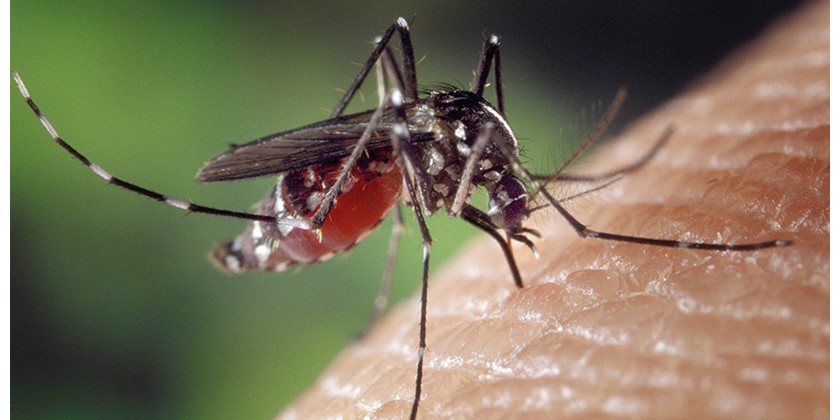
Summer is right around the corner. Soon we will be enjoying back yard cookouts and games with the kids. Don’t let unwanted insects put a damper on your summer fun. Now is the time to treat your outdoor spaces to minimize insect invasions that result in itchy bites and damage to plants. While its impossible to create a “bug free” zone, here are some things you can do to minimize the presence insects in your yard.
Remove Issues that Attract Bugs:
First remove issues in the environment that attract insects and foster breeding grounds.
- Remove standing water from bird baths, plant saucers, pet bowls, rain barrels, etc. Standing water is the breeding ground for mosquito eggs.
- Keep food covered.
- Move trash cans away from entertaining areas.
- Keep grasses short, don’t allow overgrowth. Remove dead plants and weeds as quickly as possible (to avoid attracting insects that feed on decaying plants.)
- Avoid wearing fruity or flowery fragrances when outdoors.
Finally, you can add feeders to attract birds; in addition to seeds, birds will also eat insects. You may also consider adding a bat house. A bat will eat thousands of insects in a single day.
Plant Insect Repelling Plants:
Next, try planting insect repelling plants near outside living areas to deter bugs (they will smell good and look beautiful too.)
- Petunias – repels squash bugs, beetles and aphids.
- Basil – the oil in basil kills mosquito eggs. Basil also wards off flies and mosquitos.
- Marigolds – repels mosquitos and aphids.
- Lavender – wards off mosquitos, flies and moths.
- Lemongrass – this is the plant citronella comes from. Repels mosquitos.
- Mint – helps deter biting insects (and great in drinks).
- Rosemary – protects plants from infestation and repels mosquitos.
- Chrysanthemums – keeps mosquitoes, roaches, beetles, ticks and silverfish away
- Catnip – part of the mint family, catnip repels bugs (but may attract cats.)
- Nasturtiums – repels whiteflies, squash bugs, aphids, and beetles.
Many of these insect repelling plants prefer sunny spaces. Check planting guides to ensure you are placing them in the ideal environment where they will thrive.
Treat Outdoor Areas using a Garden Sprayer:
Lawns, flower beds and gardens can be easily treated using a simple garden sprayer. There are numerous insecticides available address a variety of issues. There are also many “natural” products and environmentally friendly formulations that do a good job repelling insects. A garden sprayer with a wand will allow you to apply product to high and low areas, and deep into plant leaves.
- Early Summer – is an important time to spray for insects before they begin to emerge. Spraying your entire lawn and garden can help get ahead of the game. If you see insect damage on your plants leaves you may need to reapply the pesticide.
- Summer – this is the time when mosquitos begin to appear. Spraying will need to be repeated in the summer. Dusk is the best time to kill adult mosquitos, when they are actively looking for food.
- If mosquitos are a big problem in your area you may consider purchasing a mist blower (also called a fogger.) While a mist blower is more expensive than a garden sprayer, over time it pays for itself over using a pest control service. Some areas are so prone to mosquitos they need aggressive treatment.
- Always remember to thoroughly rinse your garden sprayer after each use.
Give insects the 1-2-3 punch by utilizing these tips. Here’s to creating happy summer memories (minus the bites.)
For information on Solo Sprayers see: us.solo.global
